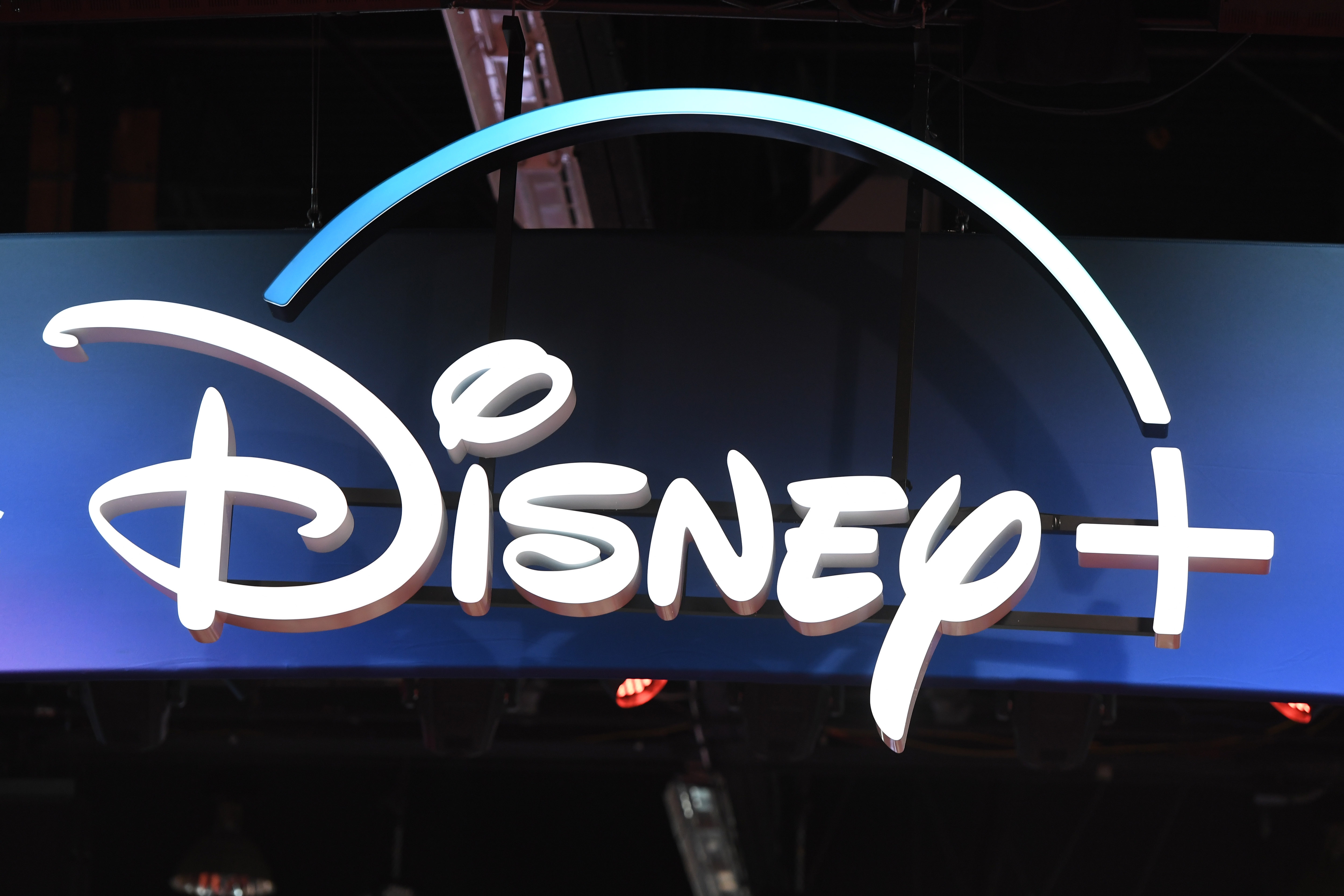There’s Too Many Damn Streaming Services, Study Finds

Credit to Author: Karl Bode| Date: Mon, 04 Nov 2019 19:40:35 +0000
There’s really no doubt that the streaming TV revolution has been a good thing for American consumers. Instead of paying a company like Comcast a small fortune for hundreds of unwatched channels and comically-terrible customer service, streaming providers are offering lower costs and greater flexibility without pissing customers off on a daily basis.
But there’s some early hints of trouble in paradise.
A new study by data analytics firm UTA IQ indicates that the overabundance of choice may actually come with a few downsides. Specifically, as a growing roster of companies rush into the space and attempt to lock down subscribers via paywalled exclusives, forcing users to dig through a long list of services to find the content they want is starting to get annoying.
The study, which surveyed 6,634 consumers across the U.S., Canada, Australia, and The Netherlands, found that 70 percent of streaming customers say there’s now too many streaming options. 87 percent worry it will become too expensive to keep up with all of them.
Some of these well hyped worries are overblown. Unlike traditional cable TV, users can subscribe and unsubscribe to different services without penalty. So yes, while subscribing to Hulu, Amazon, Netflix, HBO Max, and a laundry list of other services can quickly get expensive, there’s nothing requiring you subscribe to all of them—all of the time.
Still, with nearly every broadcaster expected to launch a streaming service by 2022—and most of them looking to make their content exclusive to their own platform—there remains a risk that a gluttony of paywalled exclusive could start to piss consumers off.
For example, the study found that 67 percent of consumers already find toggling between multiple services frustrating. 58 percent of consumers found managing numerous logins annoying. And 45 percent say it’s already too difficult to find what they’re looking for.
Those findings were recently mirrored by a Deloitte study that found 47 percent of US consumers already suffer from what the firm called “subscription fatigue,” and 56 percent were frustrated by quickly changing licensing deals that make finding their favorite film or TV shows a chore.
Having too many services to choose from in some ways is a nice problem to have. But annoy customers with too many passwords, paywalls, and exclusives, and the industry risks driving these users back to something it has been battling for decades: piracy.
There’s some early anecdotal evidence that may already be happening. After years of decline data indicates BitTorrent traffic has started to rebound over the last few years. A recent survey out of the UK found that existing piracy rates could double should users be inundated with too many streaming exclusives at too high a price point.
“If people have to spend more money to satisfy their movie and TV consumption needs, a large group will either consume less or look for alternatives,” Ernesto van der Sar, owner of piracy trend website TorrentFreak recently told Motherboard. “A likely result is that more people will pirate on the side.”
That said, this latest study indicated that many consumers aren’t fed up by the glut of offerings just yet. According to the study, 42 percent of consumers say they intend to add one streaming service sometime in the immediate future; most likely a nod to Disney and Apple’s new streaming services, Disney+ and Apple TV+, both of which arrive later this month.
As the streaming market grows, many of these offerings will fail and fall by the wayside, easing some aspects of subscription fatigue. Still, data makes it pretty clear that the streaming sector needs to tread carefully when it comes to inundating users with too many costly exclusives.
Ignore that lesson and users will likely pirate, an ironic outcome for a sector that took years to realize that the best way to compete with piracy is to offer better, simpler, and cheaper options.
This article originally appeared on VICE US.